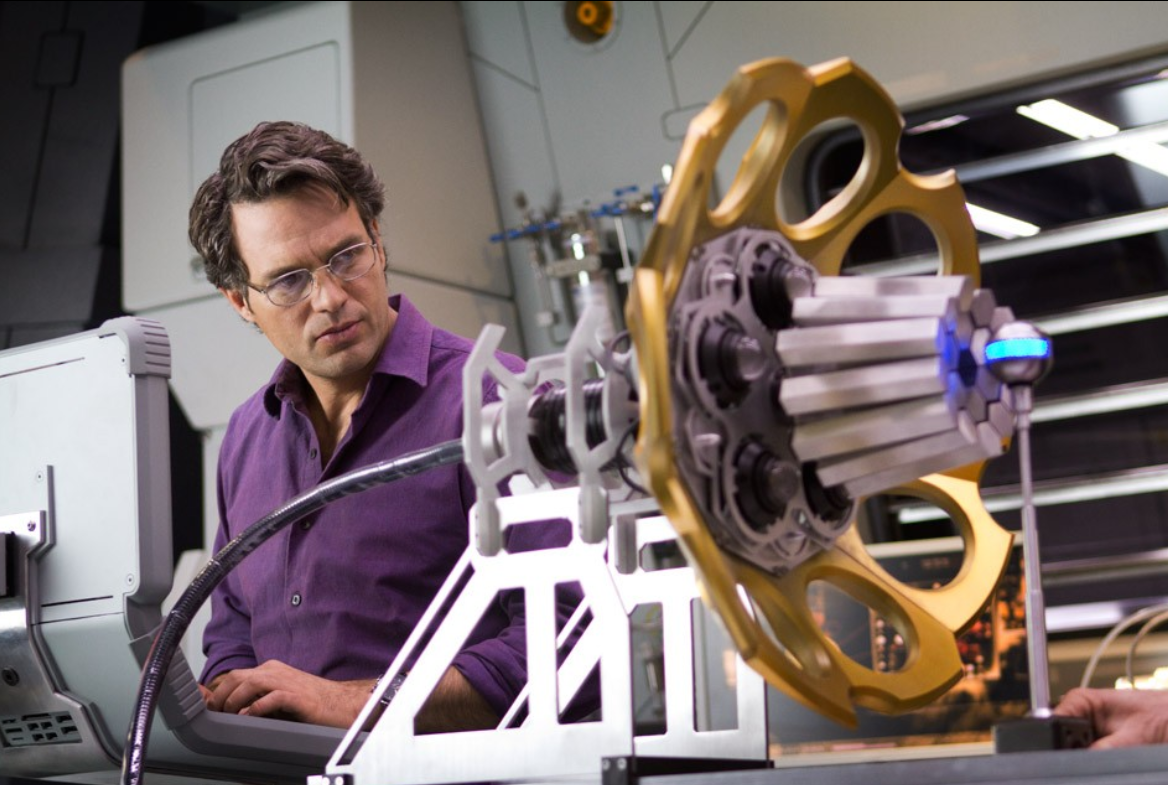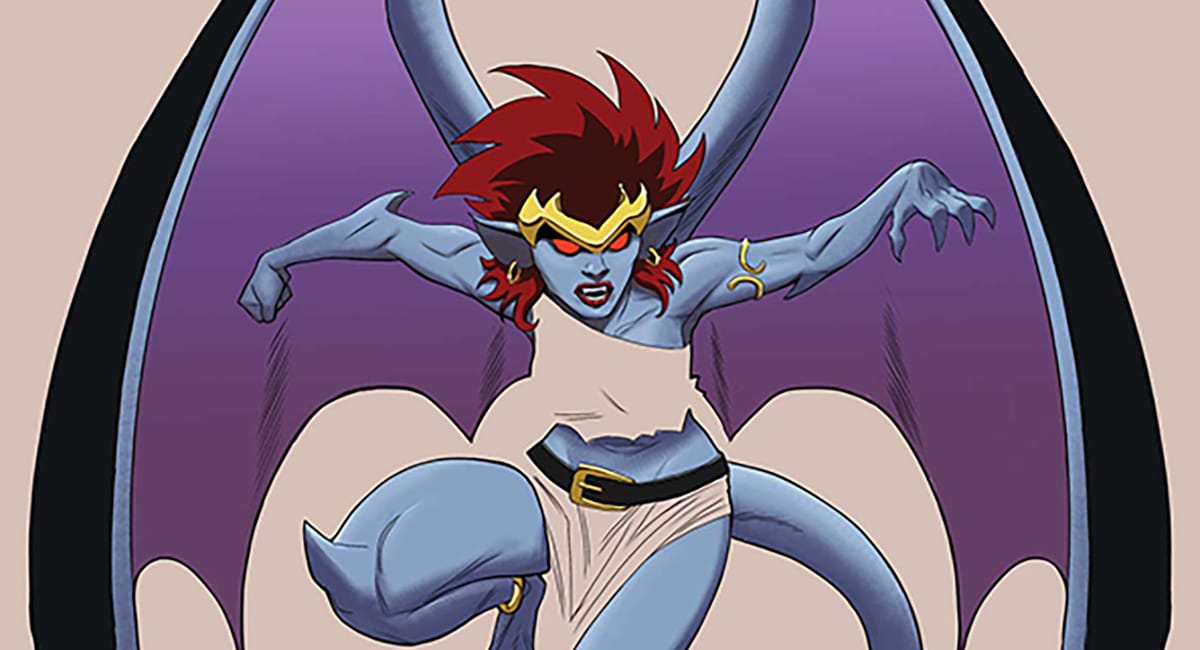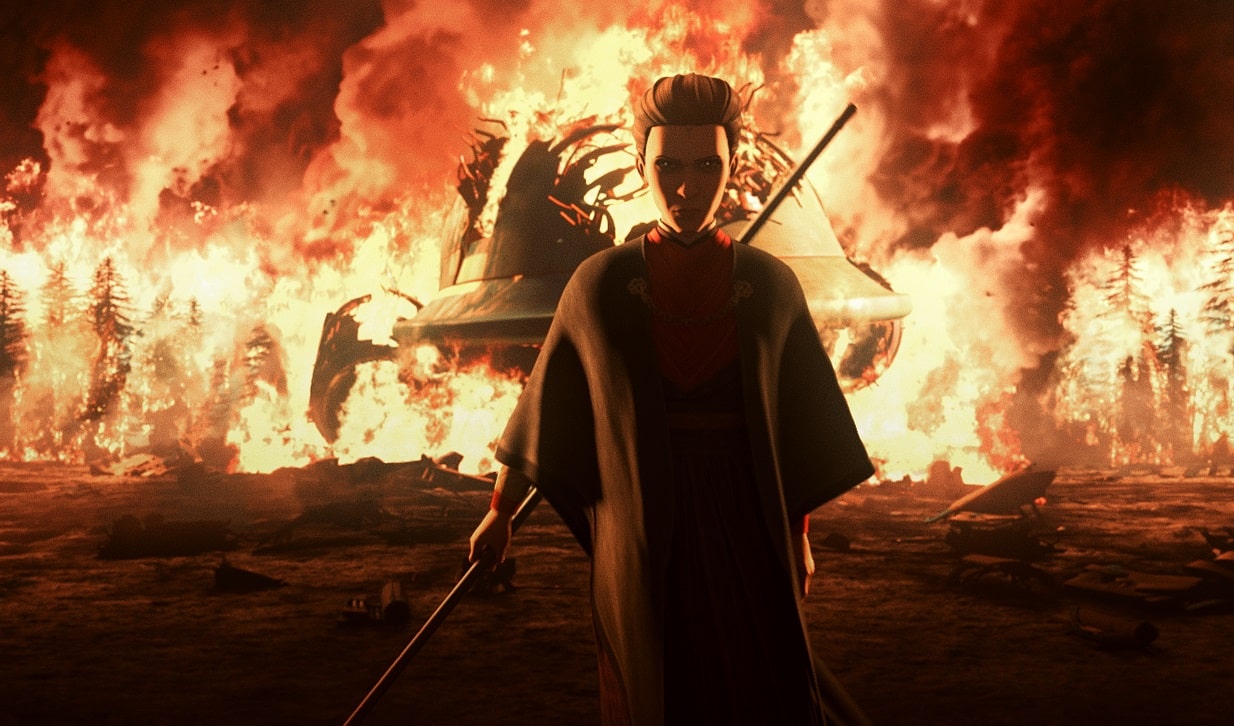The power struggles between Marvel’s Chief Creative Officer Kevin Feige and Marvel Chairman Ike Perlmutter haven’t been a secret for a bit now, but just how close Feige was to quitting was. According to actor Mark Ruffalo, Feige was on the verge of leaving during the first Avengers film, directed by Joss Whedon, who might have also been caught in the fray. The decisive struggle came about as Feige fought for more diversity in the MCU, specifically a woman-led Marvel film. Ruffalo told The Independent:
When we did the first Avengers, Kevin Feige told me, ‘Listen, I might not be here tomorrow.’ And he’s like, ‘Ike does not believe that anyone will go to a female-starring super movie.’ So if I am still here tomorrow you will know that I won that battle.’
Clearly Feige won, with Captain Marvel finally debuting in 2019 and Black Widow forthcoming in spring 2020. Other battles have been discussed, most notably by outgoing Disney CEO Bob Iger in his book The Ride of a Lifetime where he spoke to being instrumental in pushing Perlmutter to allow Black Panther and Captain Marvel to move forward in the production process. Iger oversaw the promotion of Feige to Marvel’s Chief Creative Officer in October 2019, which reduced Perlmutter’s power over the MCU and other areas of the Marvel brand.
Perlmutter is a controversial figure in the eyes of the industry and fans alike. Frugal to a point and known for keeping the MCU’s initial budgets low, Perlmutter is also tied to President Donald Trump. He is purported to be one of three “shadow rulers” of the Department of Veterans Affairs, and through a spokesperson Perlmutter did not deny the relationship, but said he merely volunteered advice to the President. Perlmutter himself is a veteran of the Israeli army, and is also famously camera-shy and has even been described as reclusive.
His eccentricities and powerful connections aside, the real problem with Perlmutter, who in the past has been rumored to have made offensive racial comments, would appear to be his blocking of more diverse Marvel films. The MCU is beginning to pride itself on its massively diverse field of characters and stories; the fact that its architect, Feige, was nearly driven out from Disney/Marvel by a controversial (if powerful) figure like Perlmutter seems almost incomprehensible today.
But the first Avengers film was a massive gamble; Feige surely had the weaker position at the time. The fact that he survived and not only lived to fight another day for the MCU’s diversity but eventually ensure it speaks to perhaps the inevitability of both the MCU and the continued diversification of Hollywood beyond superhero films. Feige is now in charge of everything creative at Marvel and responsible for some of the most beloved and profitable films recently released. While Perlmutter still has some power, Feige is the star of the show now.
The MCU’s diversity efforts are by no means perfect; Disney executives are still notoriously shy about including any meaningful LGBTQ representation in films and TV shows with Cinderella’s castle at the start. The current controversy is that Pixar’s first queer character in one of their films is a minor character with a mere throwaway line that indicates they’re queer. Love, Victor, a spin-off series to the popular YA romance movie Love, Simon, was recently moved from Disney+ to Hulu. The blink-and-you’ll miss it lesbian kiss in Star Wars: The Rise of Skywalker also riled some, especially fans who wanted a major queer relationship. Disney’s first queer character was also a bust: LeFou, oh so briefly, in the live-action remake of Beauty and the Beast.
Avengers: Endgame featured a nameless (and ultimately inconsequential) queer character in the form of a minute-long cameo by one of the film’s directors, Joe Russo. The Eternals, coming in November 2020, is looking to be the first Marvel movie to have a major gay character. It has been reported that Phastos, played by Brian Tyree Henry, will be that character, and his husband, played by Haaz Sleimann, will also feature. Will their kiss make the cut in what sounds like a massive film? If Feige has his way, it would seem so. If Disney executives win this particular battle, maybe not.
The MCU, after years of focusing almost solely on white male characters, has made significant strides over the last few years in representing a diversity of races and getting closer to parity between men and women. This would only seem to continue with films like The Eternals and Shang-Chi and the Legend of the Ten Rings and TV shows like Ms. Marvel and She-Hulk. Feige keeps winning his battles with Disney and executives like Perlmutter; hopefully, this will only continue well past the MCU’s Phase Four.










In an article about Perlmutter and diversity, I’m not sure how you could fail to mention his role in merging Marvel and ToyBiz and later his opposition to action figures of female Marvel heroes (like Black Widow) based on his “wisdom” that, “Nobody wants to buy girl action figures.” You have him saying pretty much the same thing to Feige about movies.
“Perlmutter himself is a veteran of the Israeli army”
Sean Howe writes in his book “Marvel: The Untold Story” that Marvel employees suspected Perlmutter packed a gun at all times, so they were leery of crossing him. He was not a fun boss, to say the least.
Marvel’s “diversity” is a recent thing. It took until 2019 for them to release a movie with a female protagonist (which was co-directed by a woman). And that movie and its star, Brie Larson, were attacked for months by internet trolls, especially on YouTube.
Comments are closed.